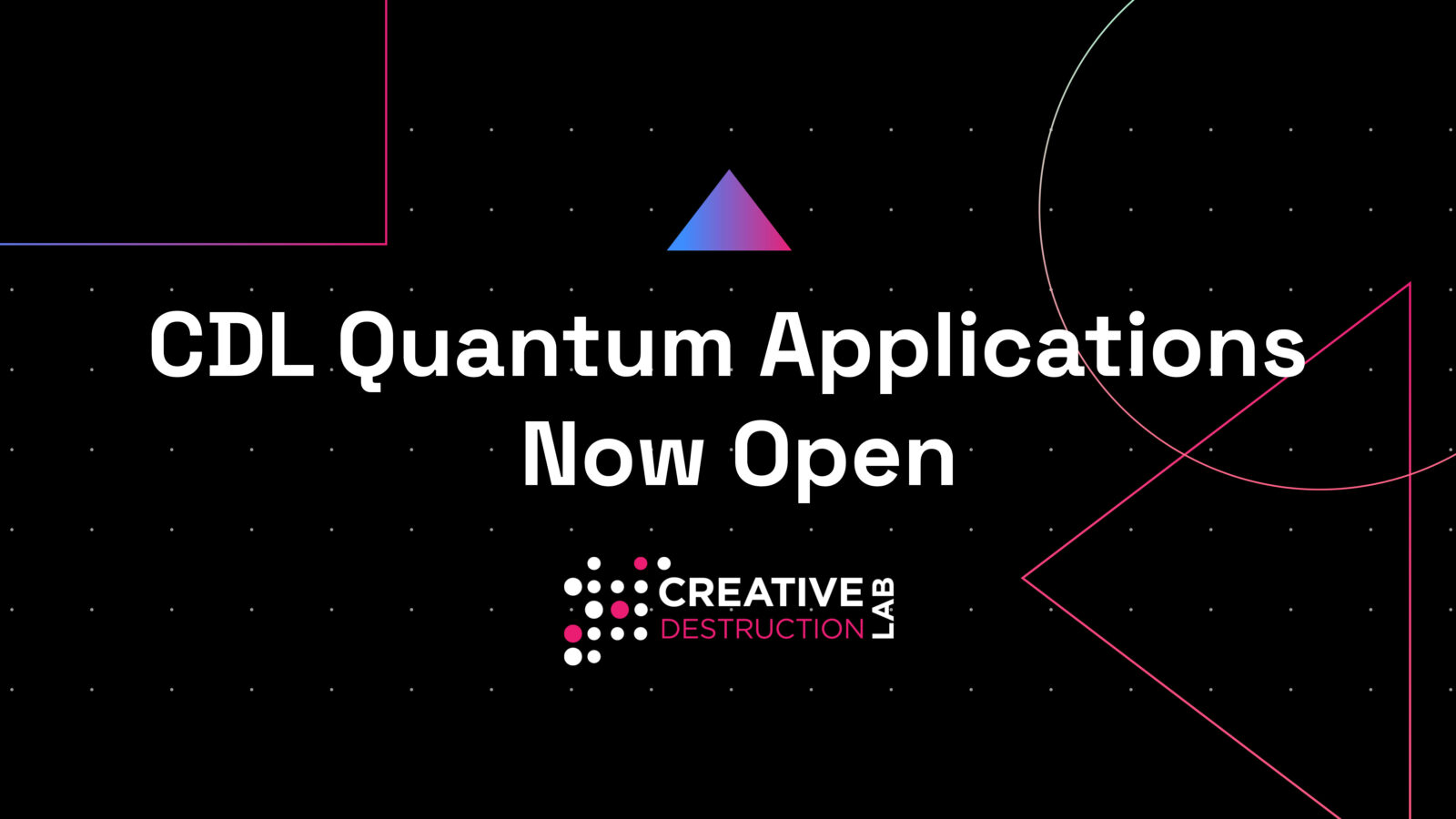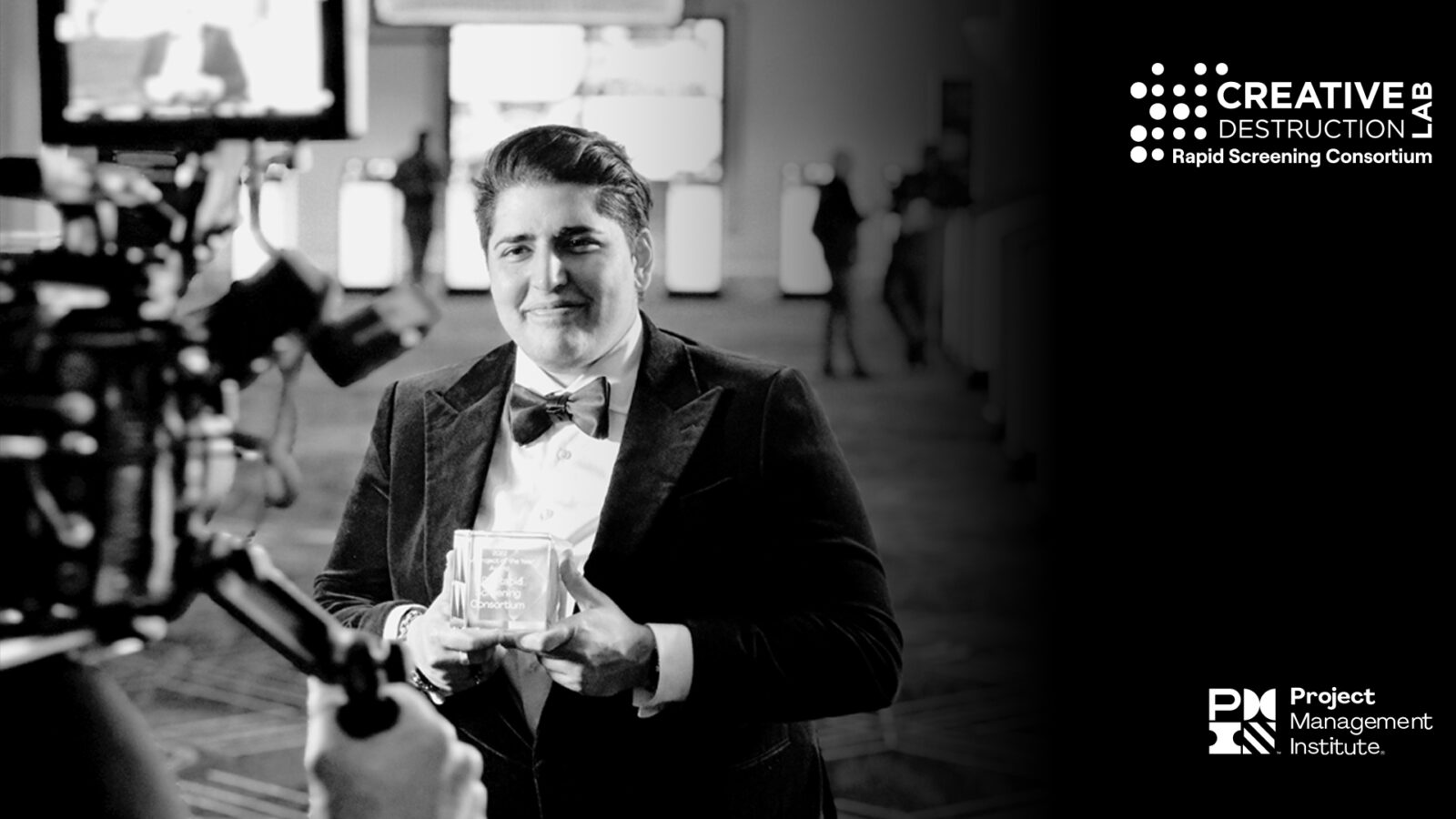Creative Destruction Lab launched in September 2012 with a single cohort of 25 promising science-based startups. Guiding them were seven entrepreneurs, the G7, who agreed to lend their time and expertise to help the first-time founders transform their science projects into scalable, financeable businesses. The surroundings were not grandiose—CDL operated out of a small room back then, not state-of-the-art lecture halls—but the original goal, given the paucity of commercialized tech innovation in Toronto, was nevertheless ambitious: to help create $50 million in equity value by program graduates over the first five years.
Now entering its tenth year, CDL has supported program participants in creating $15 billion in equity value. In less than a decade, CDL has brought together more than 15,000 founders with nearly 1,200 mentors across 16 streams in 10 locations, including five sites across Canada, two in Europe (CDL-Oxford, and CDL-Paris), and three in the US (CDL-Atlanta, CDL-Wisconsin, CDL-Seattle).
CDL is not a demo day or a business plan competition. It’s a nine month process of transformation. Professor Ajay Agrawal, founder of CDL, notes “CDL’s mission is to enhance the commercialization of science for the betterment of humankind. The perfect CDL applicant is one that arrives with a great technology and a terrible business plan. CDL is a process, not an event. It’s about changing a start-up’s trajectory.”
For Ada, a CDL alum that unicorned earlier this year, that trajectory helped them become the market leader in a competitive field of chatbot providers, building scalable, automation-first customer experience strategies for the likes of Facebook, Shopify, Telus, and Zoom. For Tenstorrent, another CDL alum that also unicorned earlier this year, the CDL propelled them to create the next generation of computing infrastructure in order to address the rapidly growing compute demands for software 2.0. And for Xanadu, also a CDL alum, it meant establishing the company as the world leader in photonic quantum computing, with a mission to build quantum computers that are useful and available to people everywhere.
CDL is constantly growing. Last year, CDL-Rockies launched a stream focused on agricultural technologies, CDL-Vancouver and CDL-Paris launched streams focused on climate-related technologies. CDL-Wisconsin launched a stream focused on risk. This year, CDL will add the newest location to its network – CDL-Seattle at the University of Washington. They will focus on innovations in computational health. Also, the original CDL in Toronto will launch a new stream focused on innovations in neuroscience.
“The OECD countries spend tens of billions of dollars every year on publicly funded research – most of which ends up in highly technical peer-reviewed journals that only a few people read,” says Professor Agrawal. “The goal of CDL is to liberate some of these insights into how nature works in order to benefit society. It seems to be working.”
ABOUT CREATIVE DESTRUCTION LAB
Creative Destruction Lab (CDL) is a nonprofit organization that delivers an objectives-based program for massively scalable, seed-stage, science- and technology-based companies. Its nine-month program allows founders to learn from experienced entrepreneurs, increasing their likelihood of success. Founded in 2012 by Professor Ajay Agrawal at the University of Toronto’s Rotman School of Management, the program has expanded to ten sites across four countries: Oxford (Saïd Business School, University of Oxford), Paris (HEC Paris), Atlanta (Scheller College of Business, Georgia Institute of Technology), Madison (Wisconsin School of Business, University of Wisconsin-Madison), Seattle (University of Washington, Foster School of Business), Vancouver (Sauder School of Business, University of British Columbia), Montreal (HEC Montréal), Calgary (Haskayne School of Business, University of Calgary), and Halifax (Rowe School of Business, Dalhousie University). It now includes 16 streams: AgTech, Artificial Intelligence, Blockchain, Climate, Commerce, Energy, FinTech, Health, Matter, Neuro, Oceans, Prime (General Technology), Quantum, Risk, Space, and Supply Chain.





